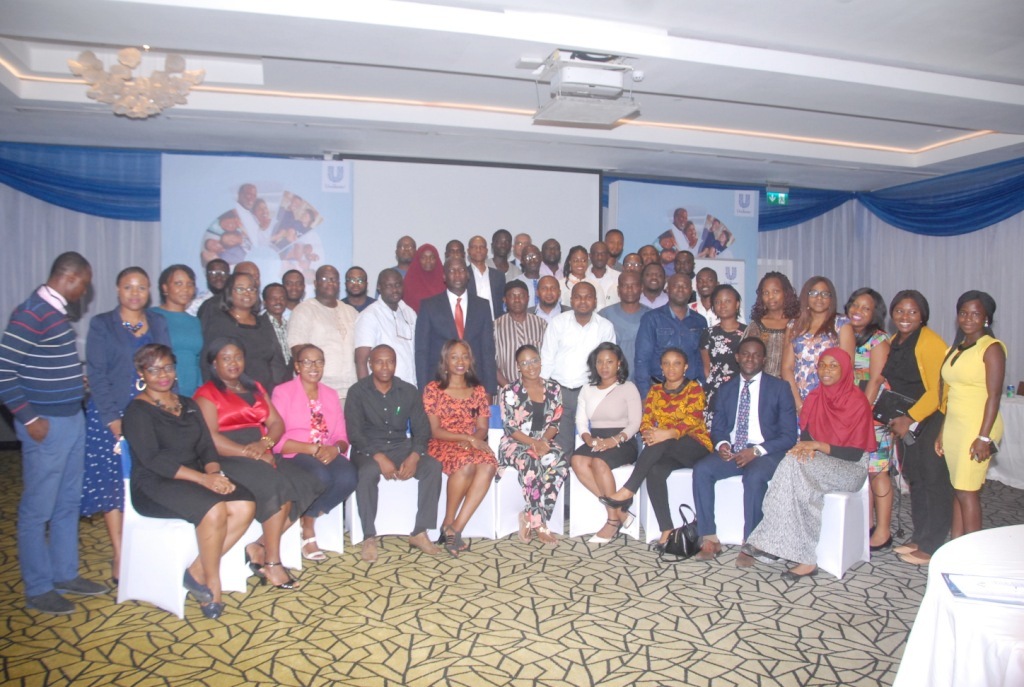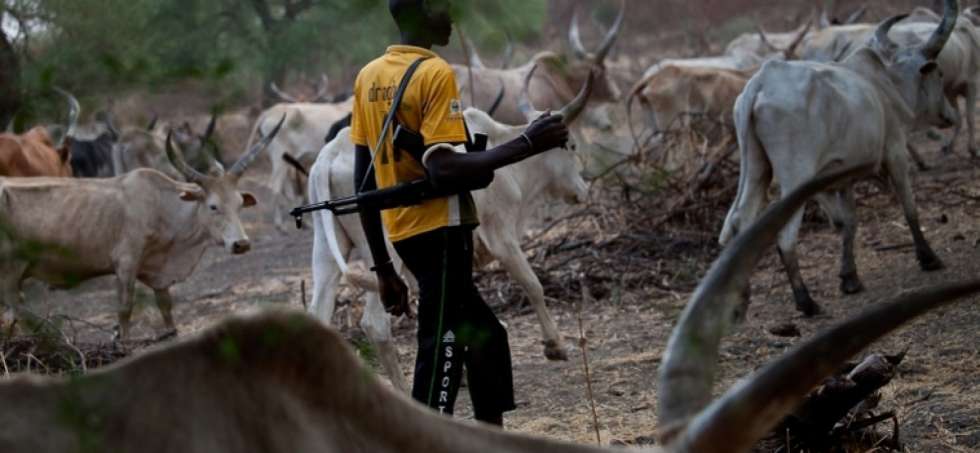One year after the African Securities Exchanges Association (ASEA) formed a working group tagged ASEA SME Facilitation Working Group to establish the efficacy of financing of SMEs across African capital markets, the group has released working document on how SMEs will access capital at the African Exchanges.
The working group comprises of various stock exchanges and is chaired by the Johannesburg Stock Exchange (JSE).
The ASEA working group had conducted a survey to 28 ASEA member exchanges to determine the fundamental issues experienced by African small and medium enterprises (SMEs) in accessing finance, as well as opportunities available for these SMEs to raise capital on exchanges.
The key challenging factors identified in the survey were access to finance (37%), followed by corporate governance and marketing (18%). Some of the other issues identified included costs of listing; which relates to continuing obligations for SMEs; and corporatising of business.
While 19 exchanges have SME platforms, the survey revealed that most of these SMEs are not aware of exchanges as an alternative to raising finance.
Following the survey results, the working group developed a report on the Capital Raising Opportunities for Small and Medium (SMEs) on Stock Exchanges in Africa, which is a consolidation of survey responses of the 15 ASEA member exchanges who responded.
The report is set to provide ASEA member countries with valuable insights that may be beneficial in the development of solutions to assist in meeting the capital raising needs of SMEs in Africa. It explores the challenges and opportunities that exist for SMEs wanting to list on exchanges. Featuring prominently on the motivating factors for listing, is the prospect of raising funds, elevating company profiles and to enhance corporate governance.
“Lack of adequate access to finance is considered as one of the major obstacles and constraints to the growth of SMEs. The results reveal the gap that exists for exchanges, and other role players, to play a role in readying SMEs to list. These include; providing mentorship, roadshows to create awareness, and to provide information and training at various touch points in the ecosystem,” says chairperson, Zeona Jacobs.
As a key driver of employment in Africa – with a job creation level of 80%, SMEs are lauded for contributing to the development of a new middle class that has created significant demand for new goods and services. The working group has established that there is a major role to be played not only by exchanges, but governments and private sector organisations can contribute meaningfully to strategically setting up SMEs for long-term growth as well.









